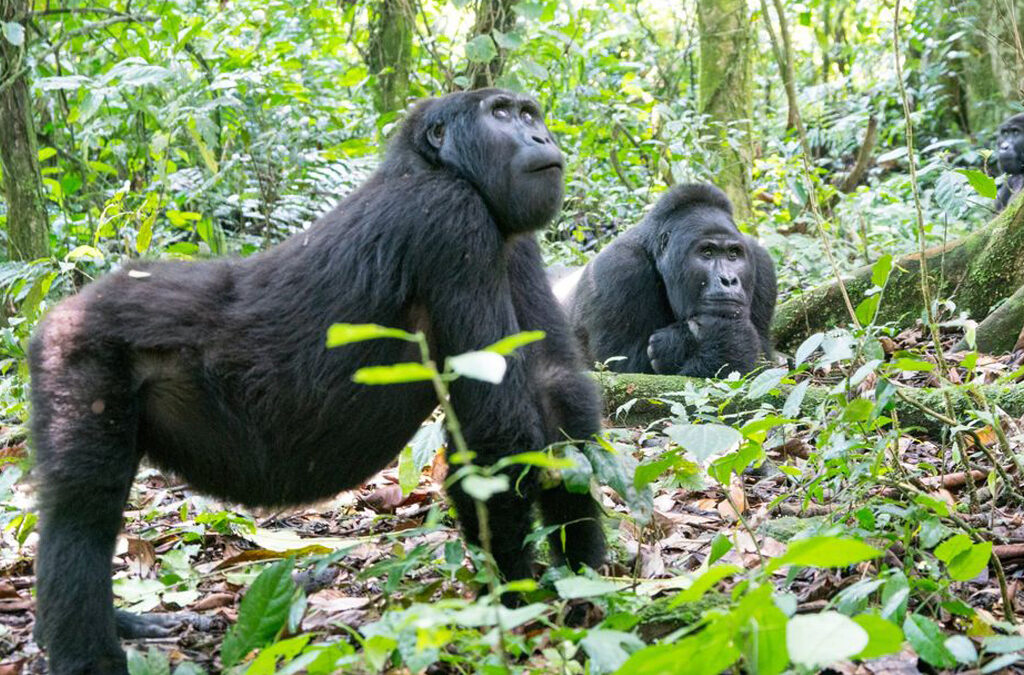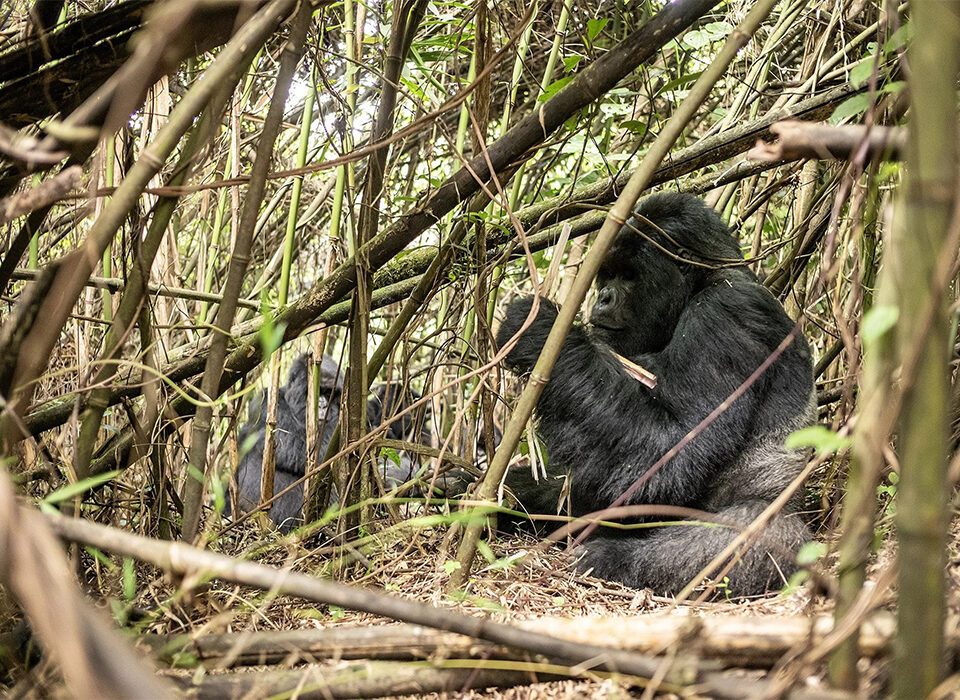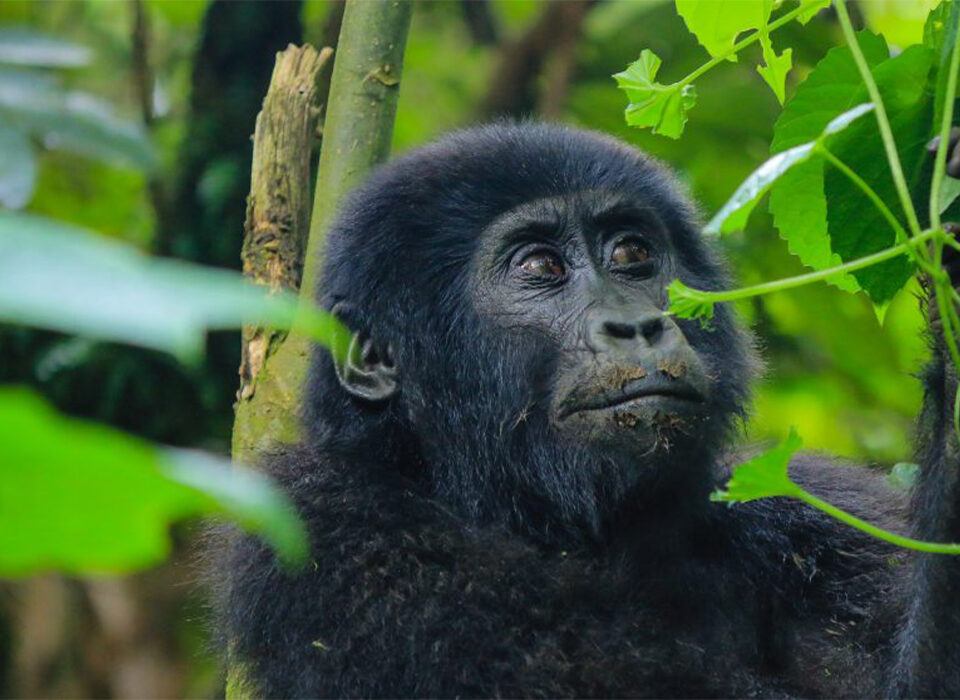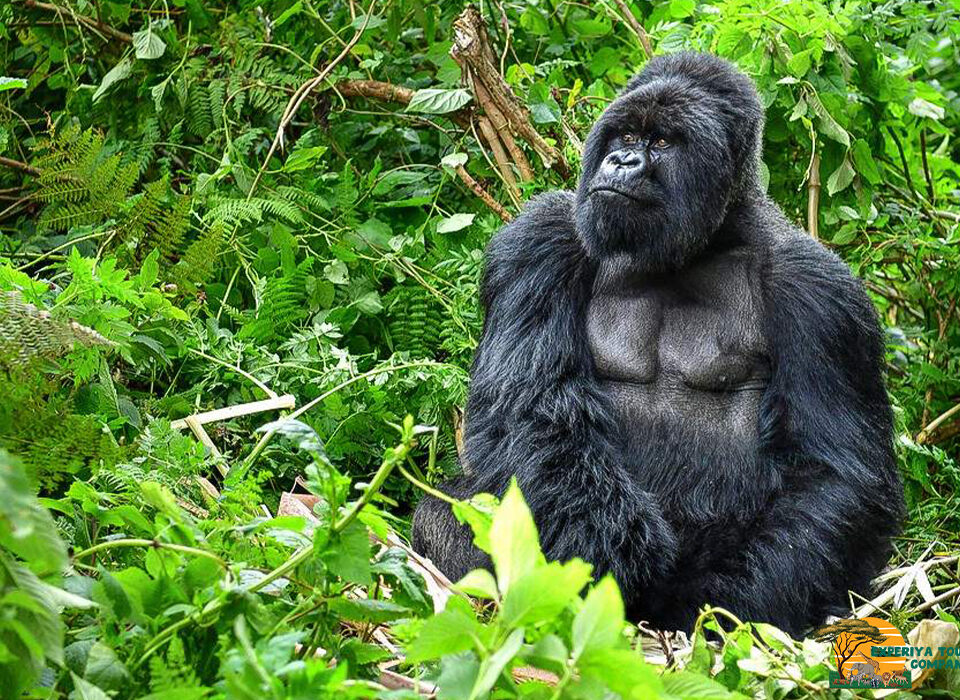
Top 8 Activities to Do at Lake Kivu
August 18, 2025
How to Choose the Right Lodge for Chimpanzee Trekking in Rwanda
August 20, 2025How to Avoid Scammers When Planning Your Rwanda Safari Online

How to Avoid Scammers When Planning Your Rwanda Safari Online
To protect yourself from online Rwanda safari scams, always book with a credible and reputable tour company. Avoid shortcuts or suspicious offers, especially from individuals or agencies claiming unusually low prices for activities with publicly known costs. For instance, a Rwanda gorilla trekking permit currently costs $1,500 for international non-residents. Any offer significantly below this should raise caution.
Most legitimate tour operators are registered with national bodies, such as the Rwanda Development Board, which authorizes tours within the country. Take time to thoroughly research any company you plan to use. Check trusted travel platforms like TripAdvisor, Lonely Planet, or Safari Bookings for reviews and feedback from past clients. Additionally, visit the company’s official social media pages to evaluate past activities and client engagement.
Ask specific, destination-focused questions about the Rwanda safari experiences you are interested in. This helps gauge the operator’s knowledge of the country. Always use the company’s official contact form to avoid sending sensitive information to the wrong address. If you choose to pay online, use a credit card only with fully trusted providers.
Finally, familiarize yourself with your safari destinations before your trip. This preparation reduces the chances of being misled by guides and allows you to contribute actively to the flow and enjoyment of your safari. Reliable information can be found through reputable online sources and established travel publications.
Activities to Do in Rwanda
Gorilla Trekking in Rwanda
Gorilla trekking is Rwanda’s most iconic safari experience. The mountain gorillas here are highly endangered, with only around 1,000 individuals remaining worldwide. Volcanoes National Park, their exclusive habitat, features a pristine rainforest rich in diverse flora and fauna. The park’s dense canopy limits sunlight, keeping the soil damp and humid throughout the day.
Trekking here can be challenging due to the park’s rugged highlands formed by ancient volcanic activity. Once you encounter a gorilla family, conservation regulations allow just one hour with them, so make the most of this precious time.
Chimpanzee Trekking
Nyungwe National Park offers an unforgettable chimpanzee trekking experience. The park’s headquarters at Uwinka serve as the starting point for all treks, where visitors receive a briefing before entering the forest.
Trails reveal other fascinating primates, including black-and-white colobus monkeys, red-tailed monkeys, and grey-cheeked mangabeys. Birdwatchers will delight in Nyungwe’s rich avian diversity, including many Albertine Rift endemics. The lush forest, home to numerous indigenous trees, also attracts botanists and nature lovers.
Visitors must obtain a chimpanzee trekking permit from the Rwanda Development Board, available for both morning and afternoon sessions.
Game Safaris in Rwanda
Akagera National Park is Rwanda’s premier game safari destination. Safari drives through winding tracks provide opportunities to see the Big Five: lions, leopards, rhinos, elephants, and buffaloes. Visitors may also spot gazelles, zebras, giraffes, and other species.
After recovering from the impacts of past unrest, Akagera has become a conservation success story, with wildlife populations steadily increasing. A boat ride on Lake Ihema adds a tranquil experience, allowing visitors to observe hippos and waterbirds along the shoreline—a paradise for photographers and nature enthusiasts.
Canopy Walk in Rwanda
Nyungwe Forest’s canopy walk offers a breathtaking view from 70 meters above the forest floor. This 160-meter-long suspension bridge provides a unique vantage point over the lush landscape. Birdwatchers can spot species emerging from the treetops, while the surrounding scenery delights nature lovers. Remarkably, this is the only canopy walk of its kind in East Africa, making it a must-do on any Rwanda safari.
Visiting Rwanda’s Genocide Memorials
Rwanda’s genocide memorials, such as Blue Beret and Church de la Famille, preserve the memory of the tragic 1994 events. These sites educate visitors about the consequences of conflict while honoring victims. Funds collected at memorials support survivors in rebuilding their lives.
Kigali City Tour
A Kigali city tour immerses visitors in Rwanda’s economic, political, and social life. Tours explore bustling business districts, museums, and cultural centers, providing insights into the country’s heritage. Visitors can participate in traditional crafts, pottery, and weaving, gaining an authentic experience of local artistry.
Birdwatching in Rwanda
With over 700 bird species, Rwanda is a paradise for birdwatchers. Popular birding destinations include Volcanoes National Park, Nyungwe Forest, and other diverse habitats. Professional guides enhance the experience, helping visitors spot rare species such as the Alpine Chat, Kivu Ground Thrush, Malachite Sunbird, and Rwenzori Turaco.
Cultural Experiences
Rwanda’s cultural heritage shines through its museums, traditional performances, and festivals. The Ethnological Museum in Huye preserves artifacts and historical items, passing on local traditions to younger generations. The Intore dance, accompanied by long drums, offers an immersive experience of Rwanda’s spirit and culture.
Best Time to Plan a Rwanda Safari
The dry seasons, from June to October and December to January, provide the best conditions for exploring Rwanda. Roads and tracks are more accessible, and grasslands in parks like Akagera are shorter, enhancing wildlife visibility. Forested parks allow more sunlight through the canopy, improving chances to spot gorillas, chimpanzees, and other wildlife.
The wet seasons, from March to May and October to November, also welcome visitors. Lower tourist numbers allow for more intimate wildlife encounters. Lush vegetation during these months creates a beautiful backdrop for nature photography, and birdwatchers can enjoy species preparing nests for breeding.
Rwanda is open to visitors year-round, and each season offers unique safari advantages.
Cost of Rwanda Safaris
Rwanda safari costs depend on factors such as activities chosen, trip duration, season, group size, accommodation, and transportation. Fixed costs include gorilla, chimpanzee, and golden monkey permits, as well as conservation fees. Permits generally include required park conservation fees.
Travelers can plan budget, mid-range, or luxury safaris. Booking early, especially during peak season, ensures access to permits and preferred accommodations.
What to Expect on a Rwanda Safari
Rwanda safaris provide immersive experiences in pristine wilderness. Popular activities include gorilla trekking, chimpanzee trekking, and golden monkey tracking. Participation in primate trekking is limited daily to protect wildlife.
Visitors may share destinations with other tourists while enjoying serene moments in nature. Rwanda’s people are warm and welcoming, and the country’s rolling highlands, known as “The Land of a Thousand Hills,” offer mild climates with gentle sunshine.
Strict enforcement of laws means travelers should avoid illegal substances and respect local regulations. In rural areas, a language barrier may occur, as some locals primarily speak French or native languages. Hiring an interpreter can ensure smooth communication.
Popular Tour Packages
- 2 Days Bwindi Gorilla Trek
- 2 Days Golden Monkey Trekking in Rwanda
- 3 Days Rwanda Gorilla Tour and Golden Monkeys
- 3 Days Lake Bunyonyi and Gorilla Trekking
- 3 Days Masai Mara National Reserve Safari
- 4 Days Queen Elizabeth Safari
- 5 Days Murchison Falls Safari
- 5 Days Uganda Primates Safari
- 6 Days in Kibale, Bwindi and Murchison Falls



